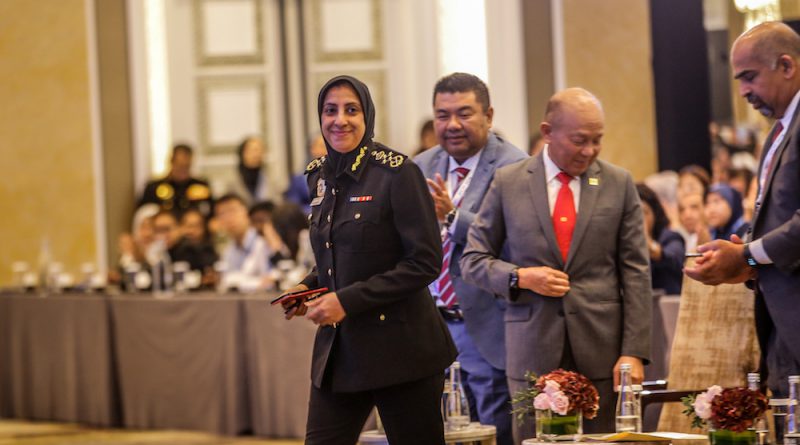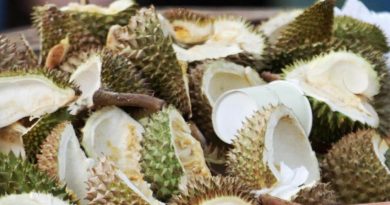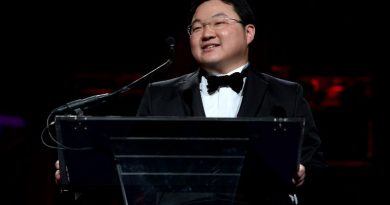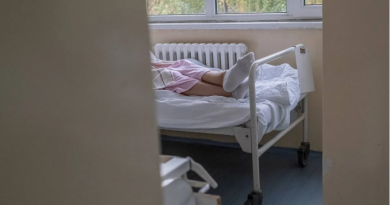MACC chief suggests asset confiscation could be ‘next step’ for MPs living beyond their means
KUALA LUMPUR, Dec 12 — Parliament needs to follow up its asset declaration compulsion with firm action to ensure the country’s lawmakers do not live beyond their financial capabilities, Malaysia’s top graft fighter Latheefa Koya said.
The Malaysian Anti-Corruption Commission (MACC) chief pointed out that currently, the mandatory asset declaration motion approved in the Dewan Rakyat only requires MPs, their spouses and children under age 21 to disclose their financial worth but lacks a “next step” to curb excesses.
“The step by the Dewan Rakyat to approve the asset declaration motion is something to be lauded. But it should not just stop there.
“In other countries, asset declaration includes a step where if an MP is found living a lavish lifestyle which does not match their assets declared, their assets can be confiscated,” she said on TV3’s Soal Rakyat programme last night.
Latheefa hopes the government can adopt a similar measure as the next step after MPs declare their assets.
Of the 222 MPs, only 160 have declared their assets to the MACC in a statutory declaration by December 5, the deadline given by the Dewan Rakyat Speaker.
All 139 MPs from the ruling Pakatan Harapan have done so, as well as three from Barisan Nasional (BN), and 14 from Gabungan Parti Sarawak (GPS), with three others from Parti Sarawak Bersatu, Parti Bersatu Rakyat Sabah and Parti Bersatu Sabah, de facto law minister Datuk Liew Vui Keong said.
Speaker Tan Sri Mohamad Ariff Md Yusof gave an extension to three others from GPS, national news agency Bernama reported last night.
Excluding the trio from GPS, the remainder who have not done so are 38 from BN, 18 from PAS one from STAR and two independents.
Umno and PAS MPs have refused to declare their assets, claiming the government has no legal basis to compel them to do so.
Latheefa was also asked to comment on the media’s role in supporting the MACC’s effort to curb corruption, which she deemed important.
“The media is important as they play a role in helping us educate the public of what we do, what the MACC is all about, and how to make a report. We have been working with the media closely on these aspects,” she said.
But she also said there were times when the media reported certain information that could jeopardise ongoing investigations.
“For example, if they expose certain leads which caused the person of interest to catch wind of what we are working on, they would have fled by the time we want to arrest them,” she said.
Latheefa said the MACC refrained from telling the media certain things as a preventive measure.
“That is why we want the media to understand that we cannot share certain information. We can only share information once we are ready to reveal certain things,” she said.
To a question on the public’s expectation of the MACC under the new government in addressing large-scale corruption cases, Latheefa said due process takes time.
“We hope the public understand and realise that we are not at the level where people are arrested simply based on mere accusations but it is only after investigations have been done and with the discovery of strong evidence we can build a case and arrest a person,” she said.
Latheefa said the MACC has managed to take some cases to court, but added that the law accords the accused a right to defend themselves.
“We must go by the rules. We cannot just arrest a person and treat that as end of story.
“In order to build a case, we need to find enough evidence before we can proceed. These processes take time,” she said.
Source: MalayMail




